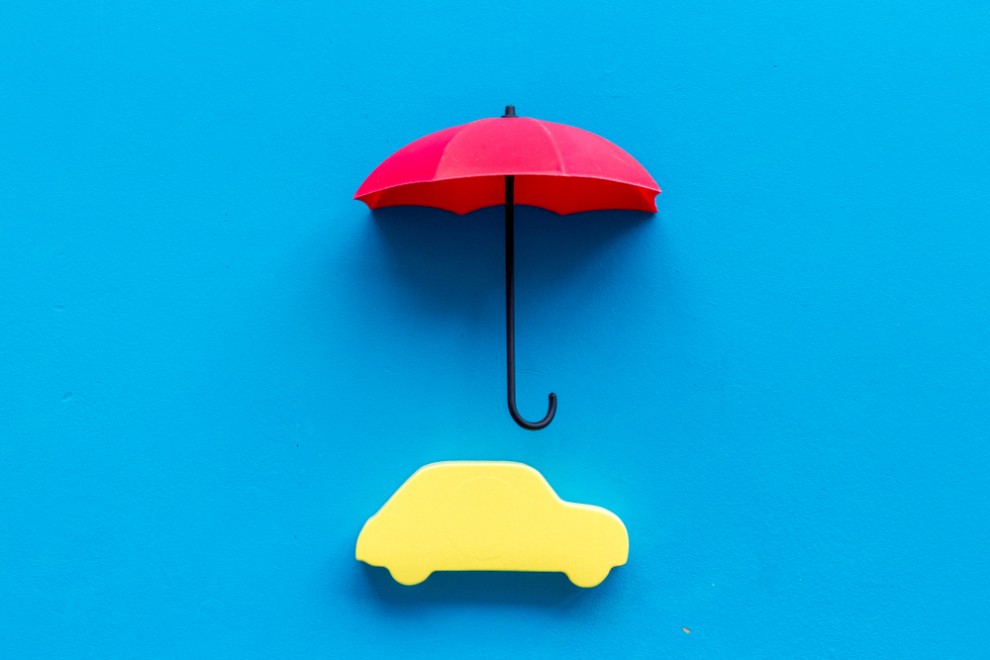One of the essential documents for car owners is four-wheeler insurance. Under the Motor Vehicle Act, 1988, every vehicle that rides on the Indian roads should be covered under an insurance policy. You get fined for driving without one. If you purchase a car, buying car insurance is imperative. It is a beneficial prospect for the owners in the long run. It safeguards your vehicles from natural and human-made calamities, which could result in damages and losses.
Moreover, it also takes care of your third-party liabilities and compensates if an accident leads to either disability or death. Therefore, you should consider policies from the best car insurance policy firm and buy the one that suits your insurance needs. You need to choose between two policies – third-party and comprehensive plan.
The third-party policy is where your insurance company pays for third-party liabilities if your vehicle causes death or property damage to third parties. Meanwhile, comprehensive policy covers own and third-party concerns. Let us understand the policy types a little better.
Types of Car Insurance Plans
Knowing the categorisation of the policy helps you select the right one based on your insurance needs. The classification is as follows:
Third-party Insurance
When your vehicle is struck with a catastrophe like accidents due to your vehicle, there may be instances where others get affected. This policy type addresses such concerns and covers liability for death, disability, or property damage to third parties. It is the minimum required coverage you should have for your four-wheeler, according to the law.
Comprehensive Insurance
If you want extensive coverage where your automobile gets protected, this plan is the right option. It covers damages to your car from fire, theft, calamities, accident, etc. You get to choose from a range of additional features for extra protection. This includes personal accident cover, roadside assistance, consumables, etc. It is an amalgamation of the third party and own damage protection.
The add-ons you choose with the standard plan increase your premium. So, it is ideal to opt for the ones relevant to your requirement. If you are unsure, you can always make changes during car policy renewal. No matter the plan you consider, you get assigned a policy number.
What is the Car Policy Number?
It is a unique number provided to every policyholder for identifying their insurance. It acts as a reference number for recognising your car policy and its coverages. Every insurance has a car policy number that is different. As an owner, you should remember your policy number as you require it under specific scenarios. You should also maintain a hard copy of the insurance document in your vehicle and a soft copy in the mail.
When does the Insurance Number come in handy?
Renewal
While doing a car insurance renewal, you need to provide your previous policy number. This is important for finding the plan details and ensure the same policy gets renewed. It is applicable even when you change your insurer. This way, your accrued benefits, such as no claim bonus, get transferred to your new plan.
After an Accident
If your vehicle gets caught in an accident, you need to furnish the policy number to file the claim. If it is third-party damage, you might need to file an FIR to ask for the policy number. The person affected might also request for the number to get assurance of their redressal.
During Police Check
While driving your car, the traffic police might stop you and ask for the policy document or number. This is given when you travel outstation. These are conducted for safety purposes and verify the possession of important documents. Therefore, it is best to find out the same and always carry the hard copy while using the vehicle.
Application of Duplicate Policy
If you have misplaced your original insurance document and need to apply for a duplicate one, you need to provide the policy number. It is the first information that the insurance companies ask for.
Updating Insurance Policy Details
Sometimes, you may find incorrect or incomplete information on your policy papers. This can cause trouble during police verification and claim settlement. Hence, the rectification of the same is essential. You do this by providing the policy number to your insurer.
Selling your Four-wheeler
Selling a used car involves inspection and formalities. One of the details the buyer would require is your policy number. This is to ascertain the insurance policy validity and its coverage.
How to find the Number?
Policy Document
The easiest method to find the number is by checking the policy document. Be it comprehensive or third-party; the number will be present on the document. If you bought car insurance online, you would have a soft copy of it in your email.
Insurance Company Website or App
If you applied online through the insurer’s portal, log into the website, add your vehicle and personal contact details to retrieve the number. You may also use the mobile application of your policy provider to get instant assistance.
Insurance Agent
If you bought the insurance via an agent, contact them to know the policy number. These individuals maintain a copy of the client’s policy details. It is the traditional method of obtaining the number, dependent on the agent’s response time.
Telephone Assistance
Those who buy online car insurance know their policy number by getting in touch with the motor insurance company over the phone through their customer care team. The policy details are required for the same. The customer care contact number is readily available on the insurer’s website.
Visiting the nearest Branch
If you want to know your policy number, visit your nearest insurance company branch. They ask for some details for verification and, accordingly, let you know the number.
Insurance Information Bureau (IIB)
Another way to know your number is by visiting the IIB website. It is a platform that maintains the details of all insurance policies in India. Just enter your plan details and get your policy number. It is also helpful to find other vehicle’s number that damages your own if you get into an accident.



